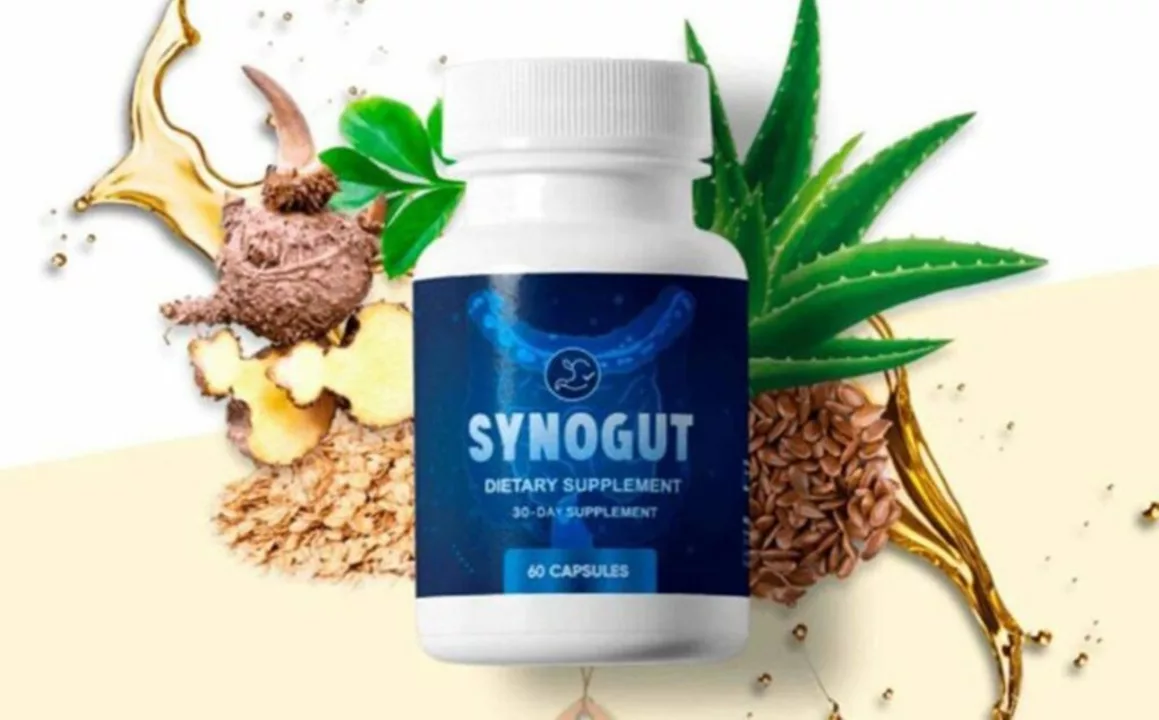Hyssop: What It Is and How People Use It
Hyssop (Hyssopus officinalis) is a small aromatic herb used for centuries in cooking, teas, and folk medicine. You’ll find it in cough remedies, throat lozenges, and herbal blends aimed at easing mild respiratory symptoms. It has a minty, slightly bitter taste and works well fresh or dried.
People use hyssop in three common ways: as a tea, an infused oil or syrup, and as an essential oil (used with caution). The tea is the simplest—steep a teaspoon or two of dried herb in a cup of hot water for 8–10 minutes. Drink up to two cups a day. If you prefer a stronger extract, commercial tinctures follow label dosing; don’t guess.
Potential Benefits and What the Evidence Says
Hyssop contains volatile oils and plant compounds that lab studies show can have mild antimicrobial and anti-inflammatory effects. That helps explain why people use it for sore throats, coughs, and minor digestive upset. Some small clinical reports suggest inhaling hyssop steam or drinking the tea may ease cough and loosen mucus, but large, high-quality human trials are limited.
Use hyssop as a supportive measure—not a cure. It’s handy for short-term relief of throat irritation, for flavoring dishes, and as a companion herb in respiratory teas. If you have a serious infection, persistent fever, or breathing trouble, get medical care rather than relying on herbs alone.
Safety, Warnings, and Practical Tips
Hyssop is generally safe in culinary amounts and in moderate tea doses. However, the essential oil contains concentrated compounds (like pinocamphone) that can trigger seizures or nervous system effects at high doses. Don’t ingest hyssop essential oil and avoid using it on children, pregnant or breastfeeding people, and anyone with epilepsy.
Interactions: hyssop may affect medications metabolized by the liver and could interact with sedatives or anticonvulsants. If you’re on prescription meds, ask your pharmacist or doctor before using hyssop regularly.
Practical dosing: for tea, 1 teaspoon (about 1–2 g) dried hyssop per cup, steep 8–10 minutes, 1–2 cups daily. For infused oil or topical use, test a small skin area first and dilute well. Follow product labels for tinctures or supplements.
If you feel unusual symptoms—dizziness, tingling, tremor, or a rash—stop the herb and seek advice. Buy dried hyssop and supplements from reputable suppliers to reduce the chance of contamination or mislabeling.
Want to try hyssop in the kitchen? Add fresh leaves to salads, roast with root vegetables, or stir a small amount into soups for a minty, slightly bitter lift. It pairs well with lemon, honey, and other aromatic herbs like thyme.
Hyssop can be a useful, pleasant herb for mild respiratory comfort and flavoring food. Use common sense: stick to modest doses, avoid essential oil ingestion, and check with a healthcare pro if you have health conditions or take medications.
Hyssop Dietary Supplement: The All-Natural Solution for a Healthier, Happier You
As a devoted fan of natural remedies, I recently came across Hyssop dietary supplements and I must say, I'm thoroughly impressed! This all-natural solution has been a game-changer for my overall health and well-being. Not only has it improved my digestion, but it has also helped me manage stress and anxiety better. I can't recommend Hyssop enough for anyone seeking a healthier, happier lifestyle. Give it a try and experience the amazing benefits for yourself!
